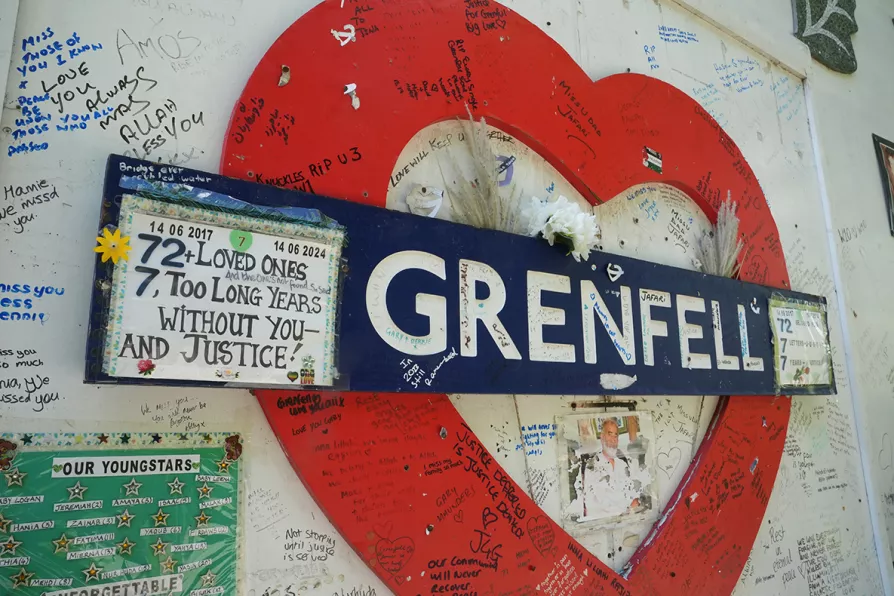RICHARD BURGON MP speaks to Ben Chacko about the Labour right’s complicity in the Mandelson scandal and the need for a total break with Starmerism if the party is to defeat Reform

 The Grenfell Memorial Wall in west London, September 3, 2024
The Grenfell Memorial Wall in west London, September 3, 2024
HOW was the Grenfell fire allowed to happen? The seven-year inquiry considered this question in great detail. But if you look at what has happened to some of those involved since the fire, it is pretty obvious.
This June, the Times published a useful investigation by its journalist Martina Lees, who has done a lot of investigative work on building safety. Lees looked at the fate of bosses of the firms implicated in Grenfell, after the fire.
“Bosses of Arconic, Kingspan and Saint-Gobain — which manufactured parts of the west London tower’s lethal flammable cladding system — have received a total of £302.3 million since 72 people died in the disaster seven years ago.”
As Lees says: “All three manufacturers had made fire-safety claims about their panels that turned out to be false.”
Let’s look at one of these bosses. Pierre-Andre de Chalendar was the long-standing chief executive of French construction firm Saint-Gobain. He is now the chair of the company.
Lees found: “Since the fire, Saint-Gobain has paid its chief executive Pierre-Andre de Chalendar £11.7m.”
St Gobain’s British subsidiaries, Celotex and St Gobain UK, made most of the flammable Grenfell insulation. St Gobain bought Celotex in 2013. Evidence at the Grenfell inquiry shows St Gobain pressured Celotex to increase profits by selling insulation for higher buildings.














